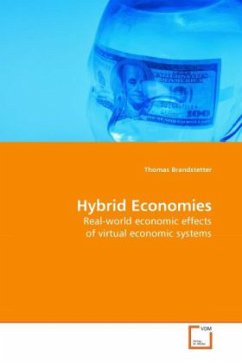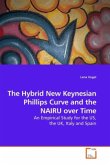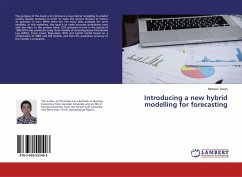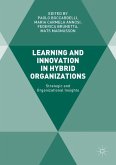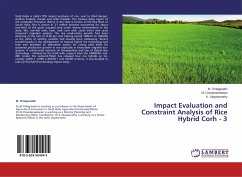In recent years, a market has emerged for so-called virtual worlds. Virtual worlds, which in most cases are represented by a massive multiplayer online role-playing game "MMORPG", are internet-based games that can be accessed by large number of players concurrently and resemble an artificially designed world. Many aspects, such as social or economical aspects are shared between the real and virtual worlds. The main research question of this thesis is to answer whether virtual worlds are enclosed economic systems like Monopoly, or if they are closely entangled with the real-world economy, possibly creating what could be termed a "hybrid economic system". If the latter is the case, it must be determined if and to what extent real-world economy is influenced, and whether any control measures are necessary. Research focus lies on the economic interfaces and phenomena between real and virtual worlds and how they influence each other. After having read this thesis, the reader should firstly have a good understanding of the concept of virtual worlds, and secondly be able to comprehend the economic issues and especially risks of virtual or even hybrid economic systems.

